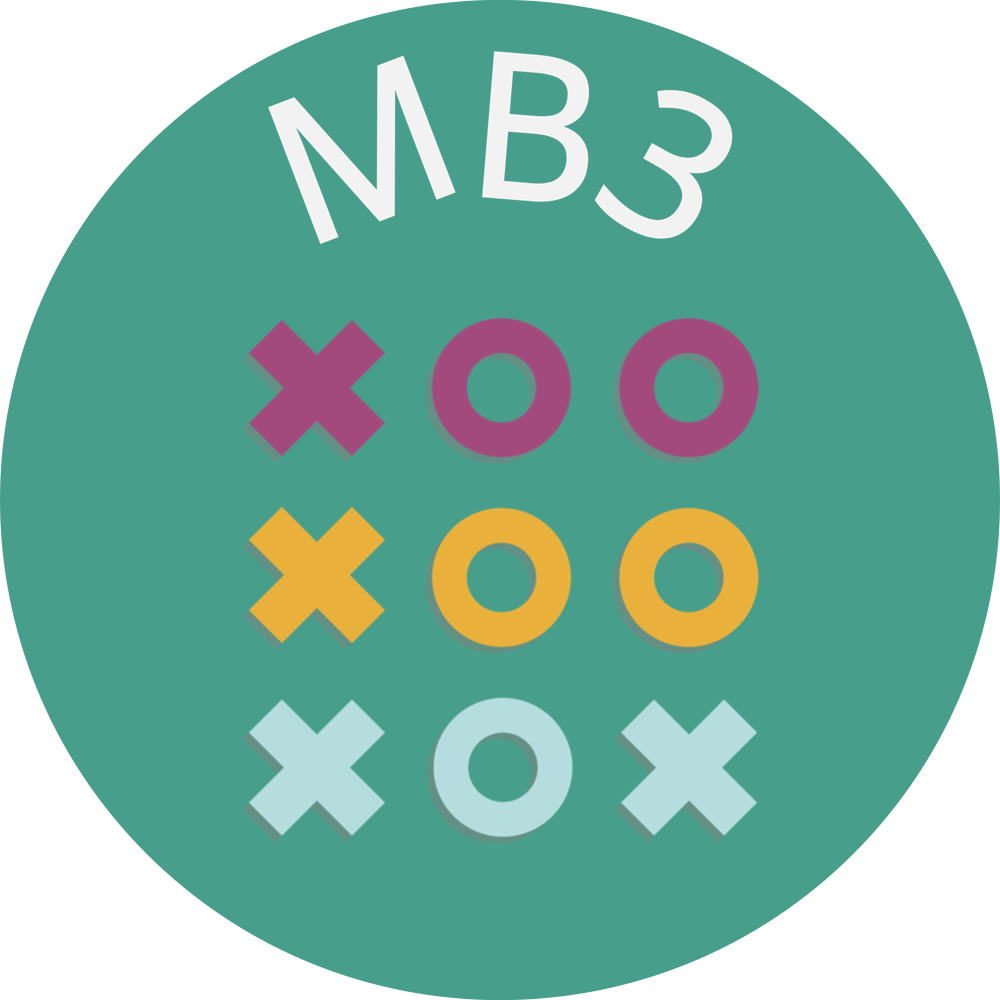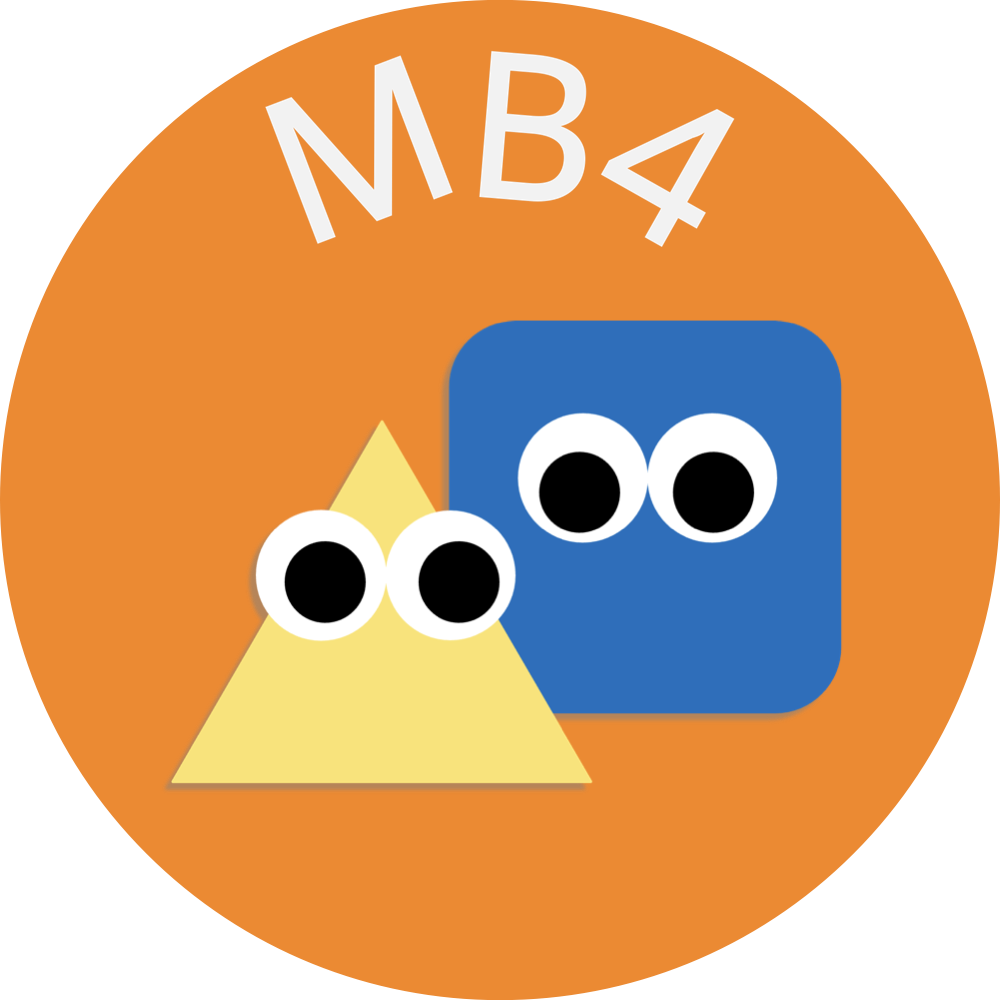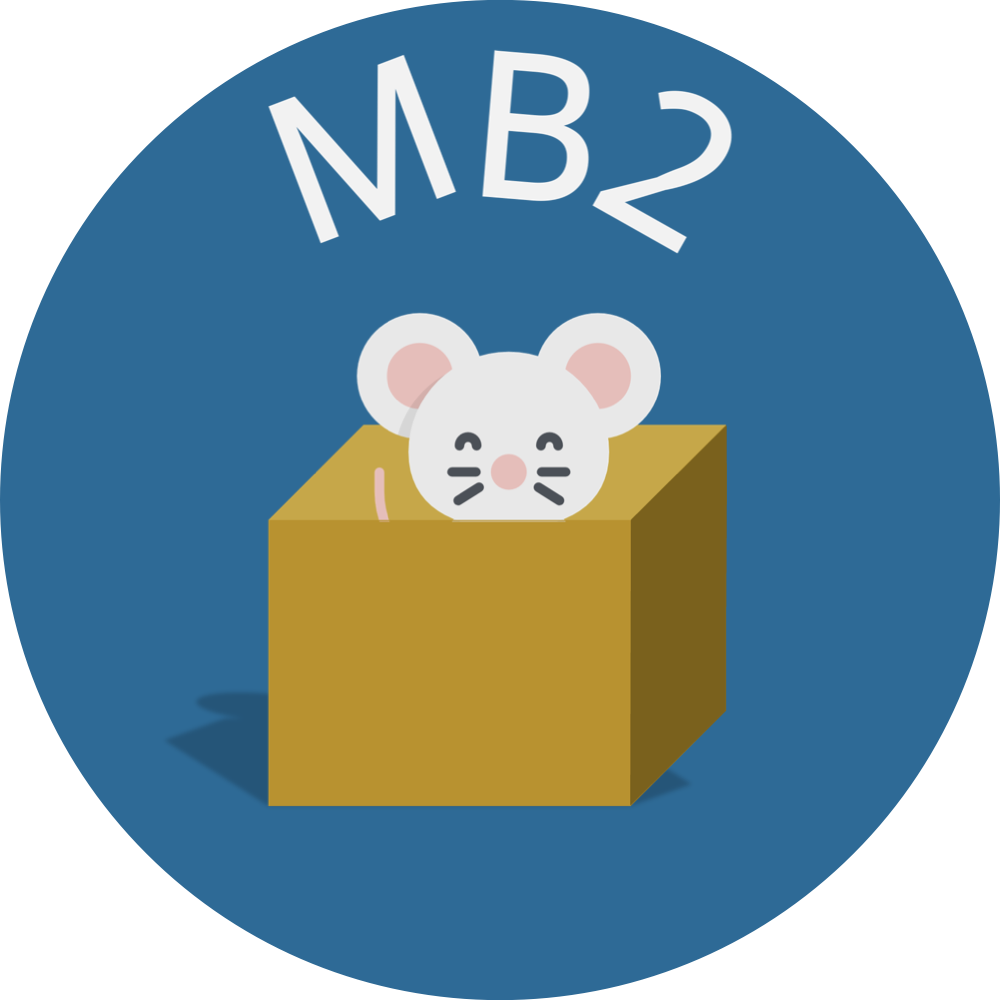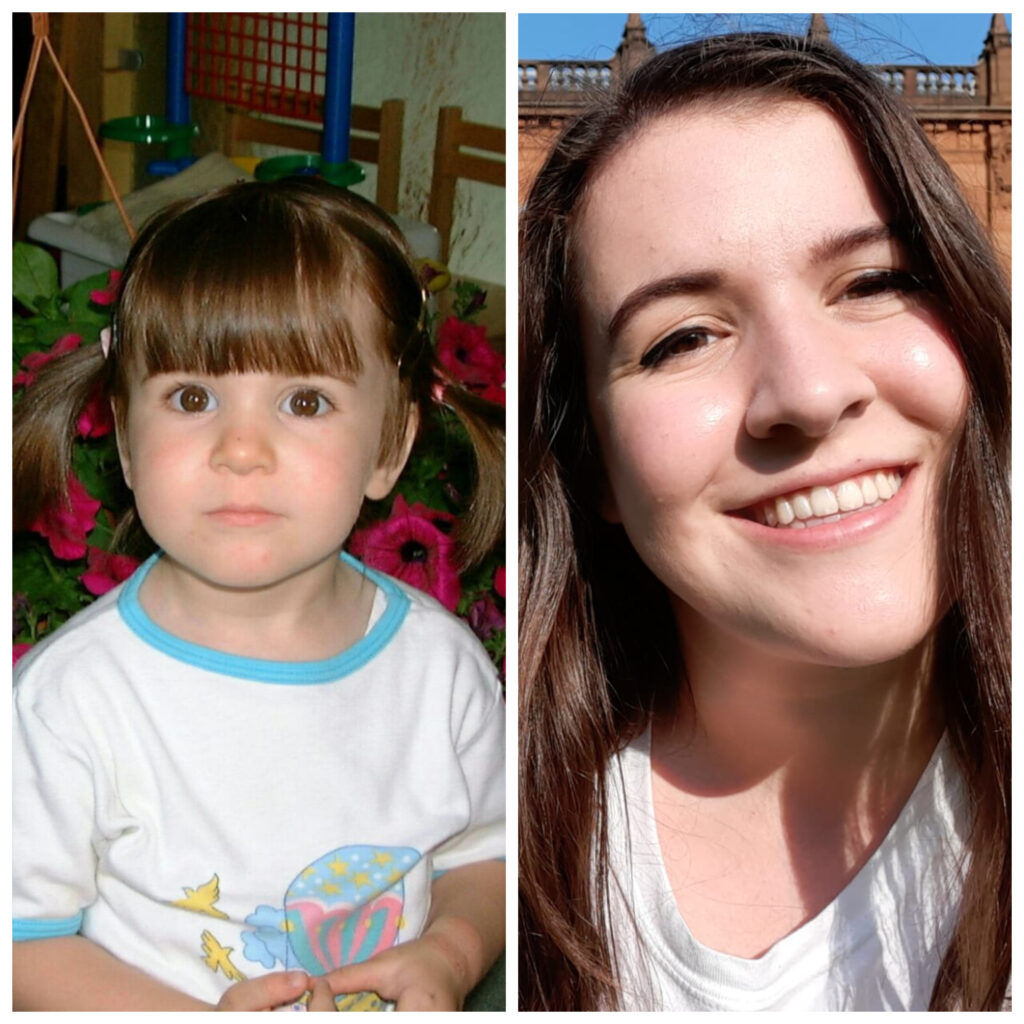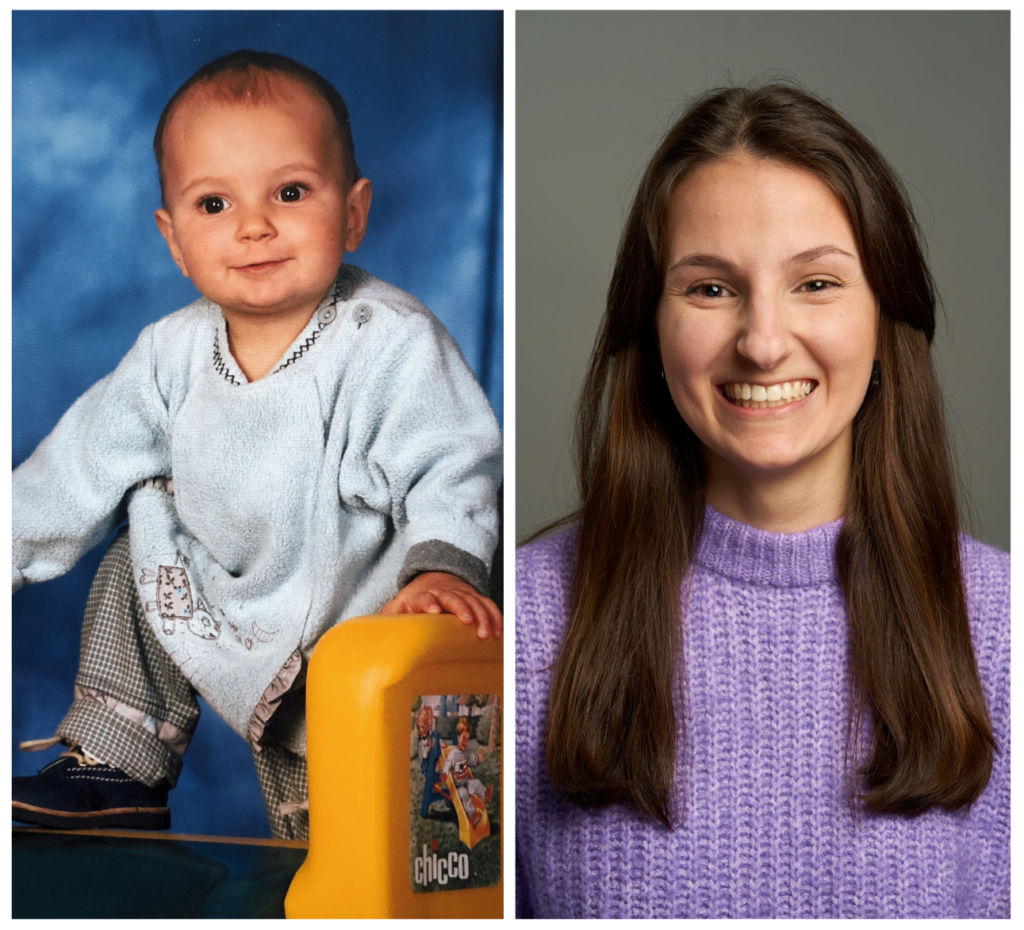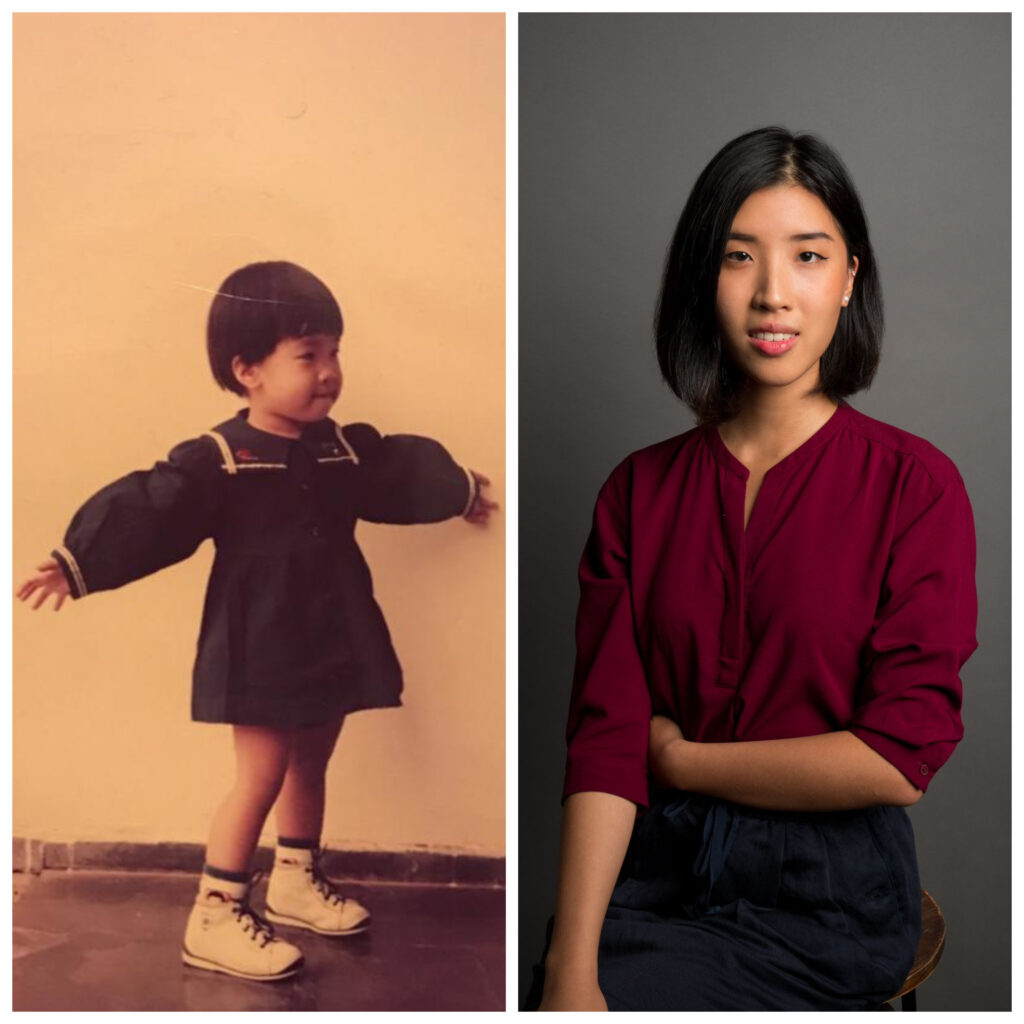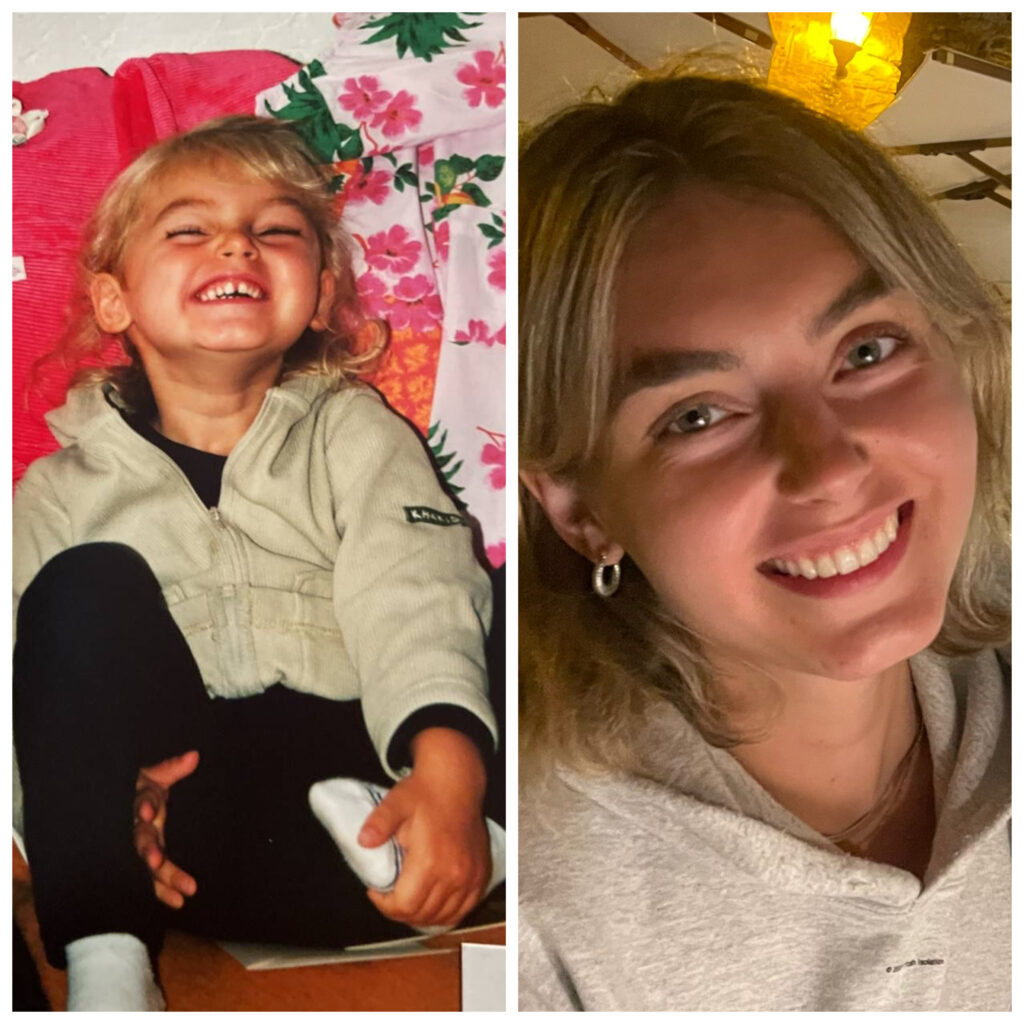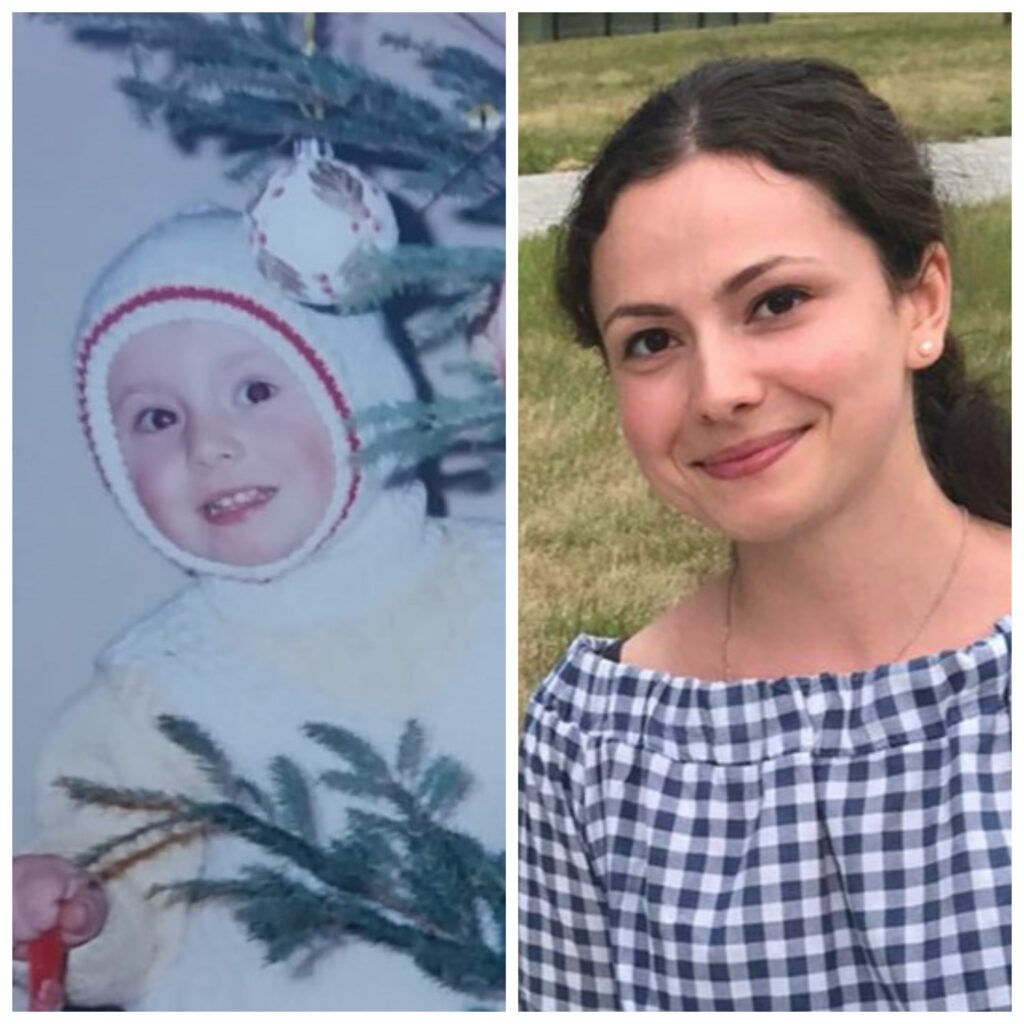
The habituation paradigm is among the most ubiquitous methods for studying infant cognition. Yet, the choice of appropriate experimental design parameters can be hard to justify from previous work and often has unknown consequences for the primary outcomes of interest. Our goal is to perform a large-scale collaborative systematic review and meta-analysis, in which we describe the experimental design and reporting practices over the past 20 years of the infant habituation paradigm and weigh the impact of potentially arbitrary methodological design choices on the strength of the novelty effect. The Stage 1 Registered Report for this review just received in principle acceptance to the special issue on Open Science and Metascience in Developmental Psychology at the journal of Infant and Child Development. We are launching the data collection this spring and are welcoming new contributors to join our data extraction team!
Thus far, we have screened the literature for suitable papers, developed a coding scheme, and built a crowd-sourced workflow for coding the papers. We are inviting and offering authorship for: 1) individual contributors in exchange for 25 usable papers (+ some training), and 2) lab contributions in exchange for 50 usable papers (+ some training per participating lab member). We further hope to create opportunities for student projects and participating labs to pursue additional research questions using (part of) our dataset. At later stages of the project, contributions will be also welcome at other project levels (e.g., writing, analyses, etc.). For more information and status updates, please sign up for our mailing list and join our Slack group! You can reach out with additional questions regarding this project to Martina Zaharieva (m.zaharieva@uva.nl) and Simon Kucharský (s.kucharsky@uva.nl), University of Amsterdam.

